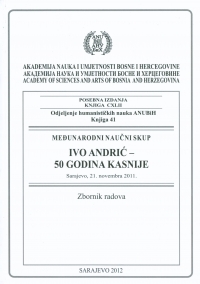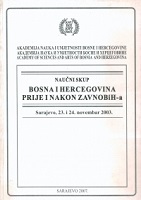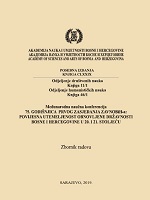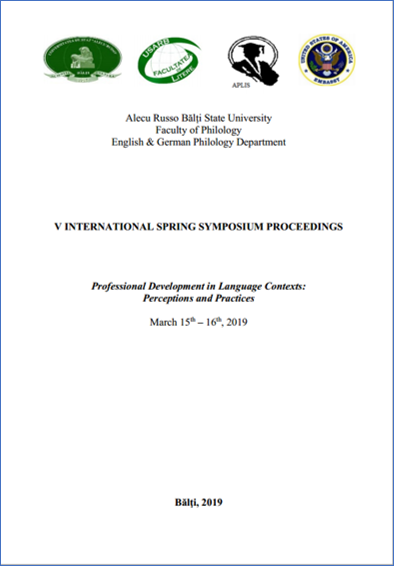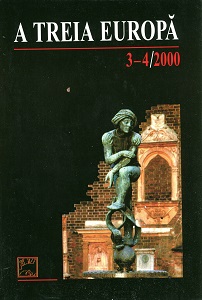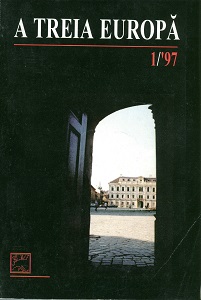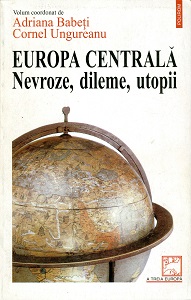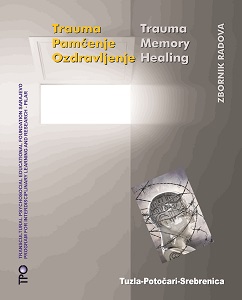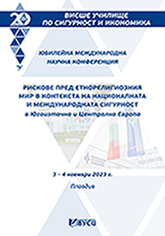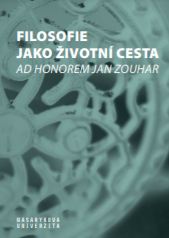
Morava jako multietnický organismus: problémy jazyka a identity v letech 1848–1918
The study deals with the development of linguistic, ethnic and international relationships in Moravia in 1848–1918 and their specific features. The focus is mainly on the complex relationships between Czech-speaking and German-speaking inhabitants of Moravia and the aspects that played a key role in them. These included a complicated settlement situation given by the mixing of Czech and German inhabitants (the numerous ‘German linguistic islands’), the economic influence of Jewish inhabitants on international relations in linguistically diverse cities, the impact of social and economic status of various groups of inhabitants on their voting and political participation, the unevenness in the promotion of national identity and the effects of Czech-German international compromise of 1905. The application of the principle of personal autonomy led to alleviation of international tensions as well as an increased demand for legal determination of nationality.
More...
